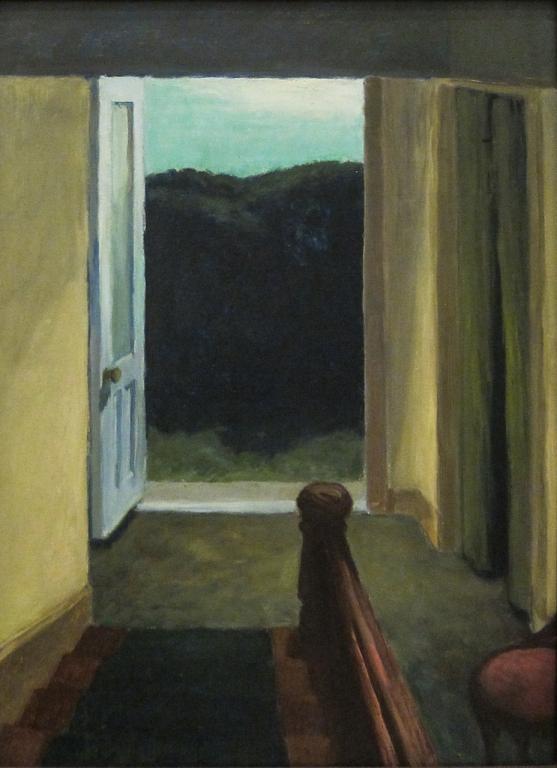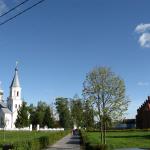This was my third year of being involved in Revolution of Tenderness’s cultural event, the Festival of Friendship, which has now found its home in Pittsburgh PA (aka, the Rust Belt Paris). Last year I organized a mini literary conference in conjunction with the Festival, and this year I was there representing our literary journal Convivium, doing a free informal workshop, and best of all listening to the concerts and panel discussions.
There’s a lot to love about this event, but I think what I find most satisfying about it is that the Festival brings together such diverse themes, interests – and people.
I am not one to deplore political divisiveness. I think that what some call “being divisive” is really the work of justice against nihilism. My heroes of the past – in the feminist movement, the Resistance to the Nazis, and the civil rights movement – would probably be considered intolerably divisive by those who demand the false peace and cheap Gospel of compromise and hegemony.
But they were also bridge-builders, and lovers of beauty, driven not by mere human frustration but by the holy anger that arises when one sees life in all its multifarious oddity, and knows that it is sacred. Activism, in order not to degenerate, must be fed constantly with that which the mind and heart desire. Sometimes this means knowledge. Sometimes it means art. Either way, it reminds us of what we’re working for.
But unfortunately, the institutions that are supposed to keep us fed tend in the contemporary market-driven world to reduce all art and learning to commodities. And as commodities they must be walled off, kept in a condition of artificial scarcity to justify the prices paid – maintained as a niche product to be consumed only by the privileged.
The Fragmentation Problem
IN the academy, this is compounded by a spirit of radical fragmentation, in which the disciplines have nothing to say to one another. This is why we end up with some (though not all) schools of lit crit that seem completely divorced from the real reasons why readers return to literature again and again, as both readers and writers. We have philosophers coming up with constructs about humanity that have zero connection with the important discoveries being made in the sciences, and unfortunately traditional Catholics are especially ridiculous in this regard. Then on the other hand we have scientists who profess to despise philosophy, apparently unaware that they are using it every time they make a value judgment – even a bad one.
And then, in the arts, we have literary versus popular writing, classical versus popular music. Poetry is largely being produced by those who could afford to invest in writing programs, or were lucky enough to maintain a foothold in the echelons where those programs exist. Women writers who take time off to raise families find themselves left out in the cold. Many minority groups, or the economically underprivileged, never get a chance to get in at all. And this is unfortunate, because poetry is what we need right now – and a lot of wonderful poetry is being written, too.
The fault lines that we’ve allowed to form between popular and high-brow art are largely unnatural, and unreflective of the real way art is produced and enjoyed.
A festival of ideas
The Festival of Friendship is all about bringing together not only people but also ideas. So this year we had a panel on the art of Edward Hopper – with discussion of the influence of noire and horror film. Another panel discussed the friendship between Catholic priest Luigi Giussani with a community of Buddhist monks. One of my favorite panels was the one on hospitality, which appropriately bridged the gaps by bringing together a Muslim journalist, a Franciscan sister, a radical activist, and a pair of adoptive parents to speak on their unique experiences as hospitality both as a call and an offering.
The theme for the festival this year was “only wonder knows,” and the panel I most enjoyed was the one that explored this theme in a most surprising way, by bringing together experts in three radically different fields – philosophy, opera, and military history – to talk about their experience of wonder. After they had finished, we were invited, in the audience, to answer the question ourselves.
What does wonder know?
I was trained to understand that philosophy begins in wonder, but there’s something a little rote about repeating that – even if it is true: rather the way “beauty will save the world” has become more like a cliché to be repeated than a challenging and difficult revelation to be explored or even disputed. We need to be permitted to dispute things, if we are going to approach them in genuine wonder, and not blind submission.
My thought at the time was that wonder is not static. It doesn’t stop just with the “oh wow” moment. IN his dialogue Symposium, Plato writes about how love is fundamentally creative, and how the lover of beauty or the good is inspired, through eros and longing, not to grab at the “thing” as an object to be possessed, but to become creative and productive. I believe this is the same thing that happens when wonder is awakened.
So to circle back to my earlier point: if we are going to work for justice, we must have our wonder and love awakened. Plato writes about how the makers of just laws are inspired to create through love: the growing of a virtuous republic as creative act. And so opposition to an unjust regime can also become part of a creative act, but only if love and wonder are kept alive. The tendency to wall off inspiration as a select commodity, or enlightenment as a product for the elite, must be shattered.
We tend often to think of activism as fundamentally disruptive, but possibly the most disruptive thing – in a good way – is wonder itself, which reminds us ultimately that power is a lie.
Instead of power, seek solidarity. And solidarity can’t be forced, but must be organic, as we are drawn together in fascination towards the mysteries that startle and astonish us. Violence, at this point, is expected. What the purveyors of nihilism do not expect, and can not imagine, is joy.













